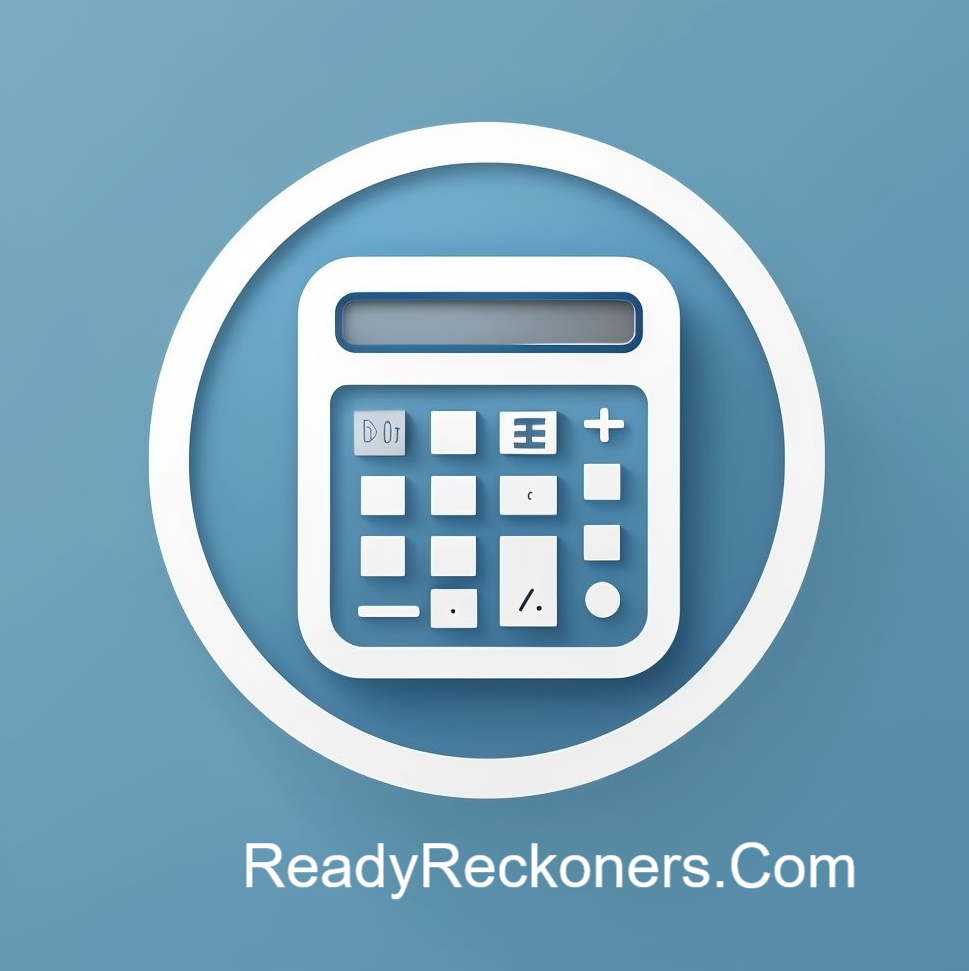
Property Tax Calculation Results
Payment Schedule
| Payment # | Due Date | Amount |
|---|
Understanding Property Tax Terms
Property Value: The market value of your property as determined by local assessors.
Assessment Ratio: The percentage of your property's value that is subject to taxation. Many jurisdictions tax only a portion of the full market value.
Property Tax Rate: Also known as millage rate, this is the amount per $1,000 of assessed property value that you must pay in taxes.
Exemptions: Reductions in the taxable value of your property that may be available based on various factors such as homestead status, veteran status, or age.
Special Assessments: Additional taxes levied for specific improvements or services that benefit your property, such as sidewalks, sewers, or street lighting.
Effective Tax Rate: The actual percentage of your property's market value that you pay in taxes after all adjustments and exemptions.
5 Smart Property Tax Tips
Understanding Property Taxes and How to Manage Them Effectively
Property taxes remain one of the most significant expenses of homeownership, yet many property owners don't fully understand how these taxes are calculated or what strategies might help reduce their tax burden. This comprehensive guide aims to demystify property taxes and provide practical advice for property owners across the United States.
Property taxes serve as a critical source of revenue for local governments, funding essential services like public schools, police and fire departments, road maintenance, and other community services. Unlike income taxes that fluctuate with your earnings, property taxes are based on the assessed value of your real estate holdings, making them somewhat predictable but also potentially burdensome, especially in high-tax jurisdictions.
The foundation of property tax calculation begins with your property's assessed value. Local government assessors determine this value, typically aiming to reflect the market value of your property. Assessment methods vary by jurisdiction, with some areas conducting annual reassessments while others operate on multi-year cycles. It's worth noting that the assessed value may differ significantly from your property's actual market value or what you paid for it.
Once the assessed value is established, many jurisdictions apply an assessment ratio, which determines what percentage of the assessed value is taxable. For example, if your home is valued at $300,000 and your area has an assessment ratio of 80%, your taxable value would be $240,000. This adjusted figure becomes the basis for applying the tax rate.
Property tax rates, often expressed in mills (where one mill equals $1 of tax for every $1,000 of assessed value) or as a percentage, are set by local taxing authorities. These rates can vary significantly between and even within counties, reflecting different funding needs for schools, municipal services, and special districts. Combined rates from various taxing authorities typically range from less than 1% to over 3% of assessed value, depending on the location.
Many jurisdictions offer exemptions that can substantially reduce your property tax liability. The homestead exemption, available in many states for primary residences, is perhaps the most common. Other exemptions may apply to seniors, veterans, disabled individuals, or properties with certain environmental features. These exemptions can significantly lower your taxable value, making it essential to research and apply for all that you qualify for.
Beyond exemptions, property owners have several strategies available to manage their tax burden. Regularly reviewing your assessment for accuracy is crucial - assessors can make mistakes, and an overvaluation could cost you hundreds or thousands in unnecessary taxes. Most jurisdictions have an appeal process that allows you to contest your assessment if you believe it's too high. Successful appeals typically require evidence such as recent sales of comparable properties, professional appraisals, or documentation of property defects that may lower your home's value.
Timing can also play a role in managing property taxes. Some jurisdictions offer discounts for early payment, while all will impose penalties and interest for late payment. If your property taxes aren't escrowed with your mortgage, creating a dedicated savings account for this expense can help ensure you have funds available when tax bills arrive.
For those planning home improvements, it's worth considering the potential tax implications. While most improvements will increase your property's value and subsequently your tax bill, some energy-efficient upgrades may qualify for tax incentives that offset this increase. Additionally, understanding how improvements typically affect assessments can help you budget appropriately for potential tax increases.
Property tax laws and rates change frequently, making it important to stay informed about local tax policies and proposed changes. Attending town hall meetings, following local news, or joining homeowner associations can provide valuable insights into potential tax changes before they impact your bill.
By understanding how property taxes work and actively managing this aspect of homeownership, property owners can potentially save thousands of dollars over time while ensuring they contribute their fair share to vital community services. The key lies in being proactive, informed, and engaged with both your individual tax situation and the broader property tax policies in your community.
